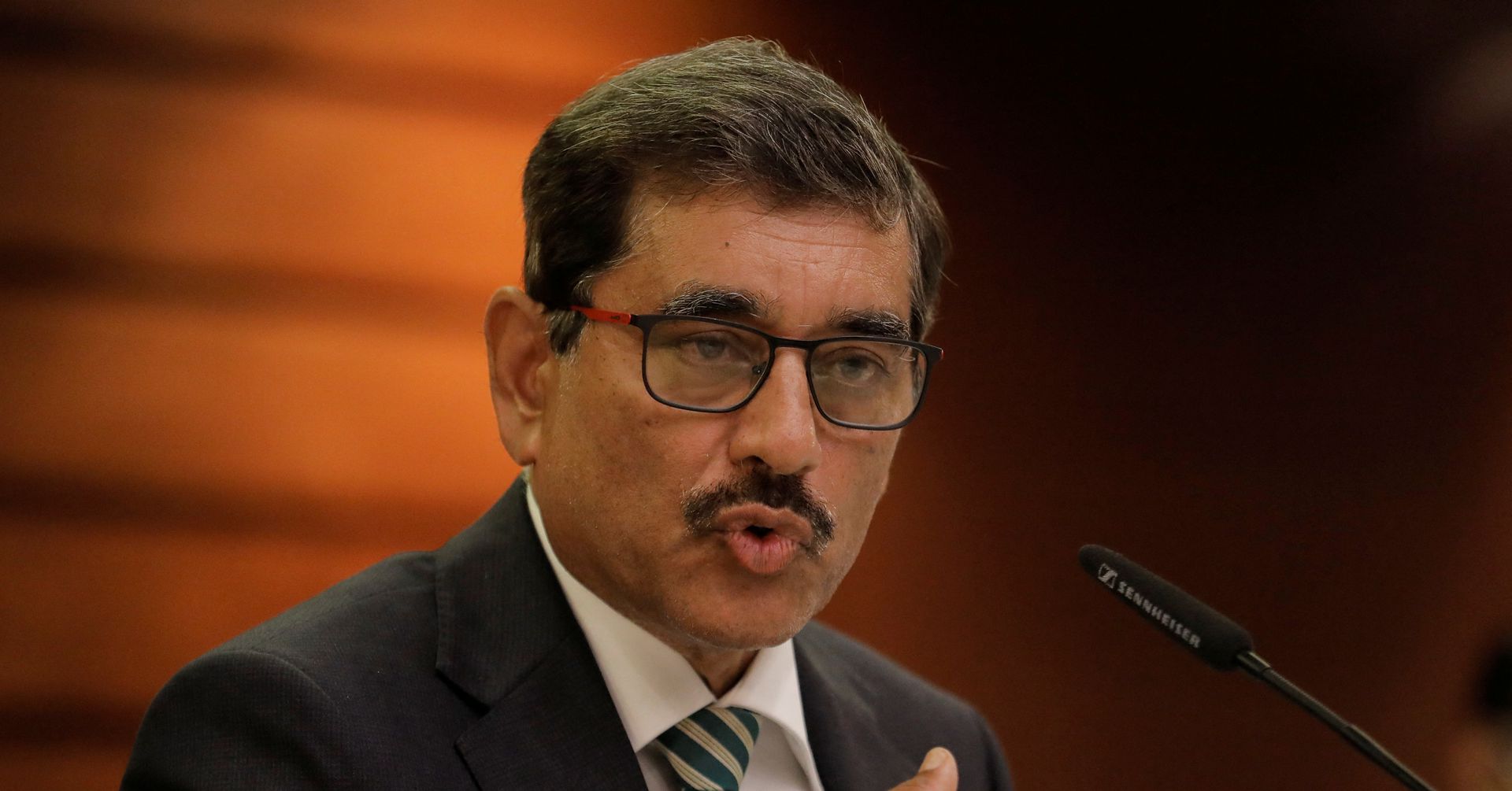There is growing concern among financial analysts that the Central Bank has not been able to bring about the stability needed for economic recoverey.
Inflationary Rate Cuts: It s pointed out that the central bank’s practice of implementing inflationary rate cuts has led to currency depreciation, destroying purchasing power and real savings of the people.

Flawed Monetary Doctrine: There are allegations that the country is unable to break free from the cycle of inflationary rate cuts and cannot end exchange or trade controls due to a false monetary doctrine.
IMF Programs: The International Monetary Fund (IMF) has r imposed stabilization programs that involve rate spikes but fail to prevent the next crisis or address the generation of poverty resulting from currency collapses and depreciation.
Flexible Exchange Rate: Financial analysts are concerned about the country’s non-floating ‘flexible exchange rate,’ which, is legally difficult or impossible to control, leading to issues like depreciation and economic instability.
Potential Output Targeting: The concept of potential output targeting is an issue, where money is printed for growth, as a flawed monetary practice that contributes to economic instability.
Sovereign Default Sri Lanka’s sovereign default announced by the Central Bank, which has impacted confidence in the market is an issue. There are also worries about the country being more vulnerable to external default in the future.
Internal Threats: The flexible exchange rate and potential output targeting are identified as internal threats that can lead to the destabilization of the country’s economy.
Inadequate Monetary Stability: It is argued that t monetary stability is essential for steady economic growth, and the central bank’s failure to provide this stability is delaying steady economic recovery for Sri Lanka.







